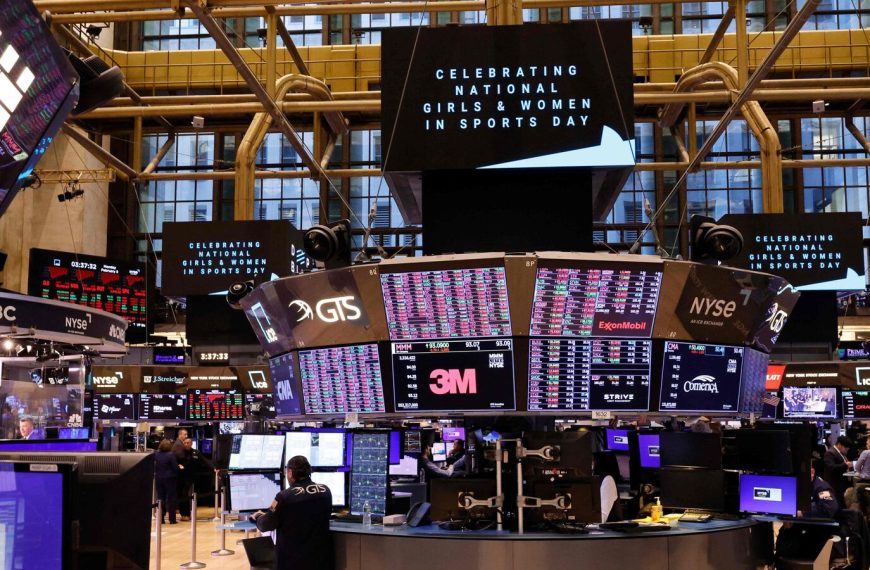The Indian stock market faced significant challenges in the recent financial year, impacting not just market performance but also the nation’s leading conglomerates. Amidst a backdrop of foreign investor sell-offs, trade tensions, and valuation concerns, key players like Mukesh Ambani, Gautam Adani, and the Tata Group struggled to maintain their market positions.
Market Performance Overview
The turbulence in the Indian stock market was evident in the performance of major conglomerates. Despite the overall downturn, the Aditya Birla Group managed to show some resilience. Out of 40 companies in the group, 26 reported an increase in share prices, while 14 experienced declines, according to data from Capitaline. This resulted in an impressive market capitalization growth of ₹1,45,495 crore for the financial year 2024-25 (FY25).
- UltraTech Cement stood out as the group’s star performer, boosting its market cap by ₹57,680 crore, thanks to an 18% rise in share value.
- UBS even upgraded UltraTech to a ‘buy’ recommendation, forecasting a target price increase from ₹9,000 to ₹13,000.
Challenges for the Adani and Ambani Groups
Conversely, FY25 was tumultuous for the Adani and Ambani groups, with significant market cap erosion.
Adani Group’s Struggles
The Adani Group faced a complete absence of stock price increases, with Adani Green suffering a staggering 48% decline, resulting in a ₹1,40,171 crore loss in market capitalization. Notably, Adani Enterprises also experienced a substantial drop, erasing ₹96,093 crore from its value.
The company’s stocks faced intense scrutiny due to ongoing allegations of fraud and bribery, impacting both domestic and international operations.
Ambani Group’s Decline
On the other hand, Mukesh Ambani’s Reliance Group saw a massive market cap reduction of ₹3,78,758 crore. Reliance Industries (RIL) was the main culprit, with its stock plummeting by 14% in FY26, translating to a loss of ₹2,88,633 crore in market value. This downturn was largely attributed to earnings downgrades related to weak performance in the refining and petrochemicals sectors.
However, experts remain optimistic about a potential rebound for Reliance stock after upcoming Q4 results, anticipating value creation in its retail division.
Tata Group’s Mixed Results
The Tata Group also faced difficulties, with only nine out of 25 companies seeing gains in their market capitalization. Overall, the group’s market cap fell by ₹2,58,770 crore.
- Tata Motors and Tata Consultancy Services (TCS) were the biggest losers, with market cap declines of ₹1,15,365 crore and ₹1,00,981 crore, respectively.
- Tata Motors struggled with a 32% drop in share prices due to sales slowdowns and looming tariffs on auto imports, while TCS faced a 19% decline as discretionary spending in the U.S. decreased amid recession fears.
In contrast, Trent, along with Indian Hotels and Voltas, emerged as significant contributors to the Tata Group’s market cap.
Conclusion
Overall, the financial landscape of the Indian stock market in FY25 was marked by volatility and challenges for major conglomerates. While some companies within the Aditya Birla Group managed to thrive, the likes of Adani, Ambani, and Tata faced substantial setbacks, highlighting the complex dynamics of market forces at play.
For more insights into market trends and investment strategies, check out our related articles on market analysis and investment tips.











